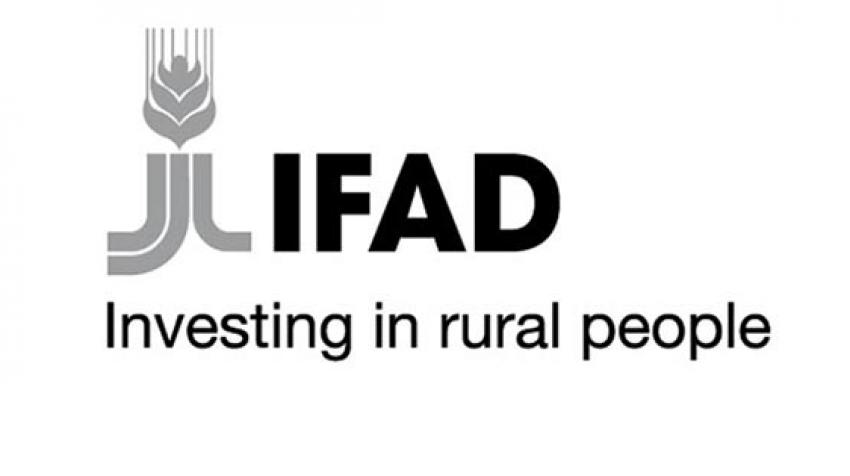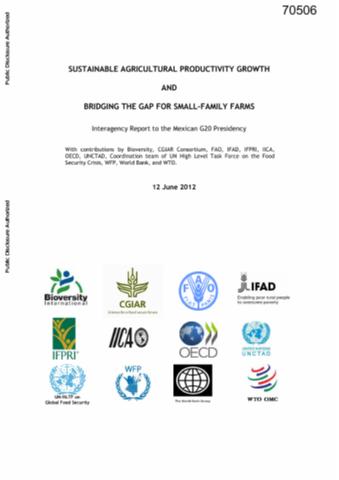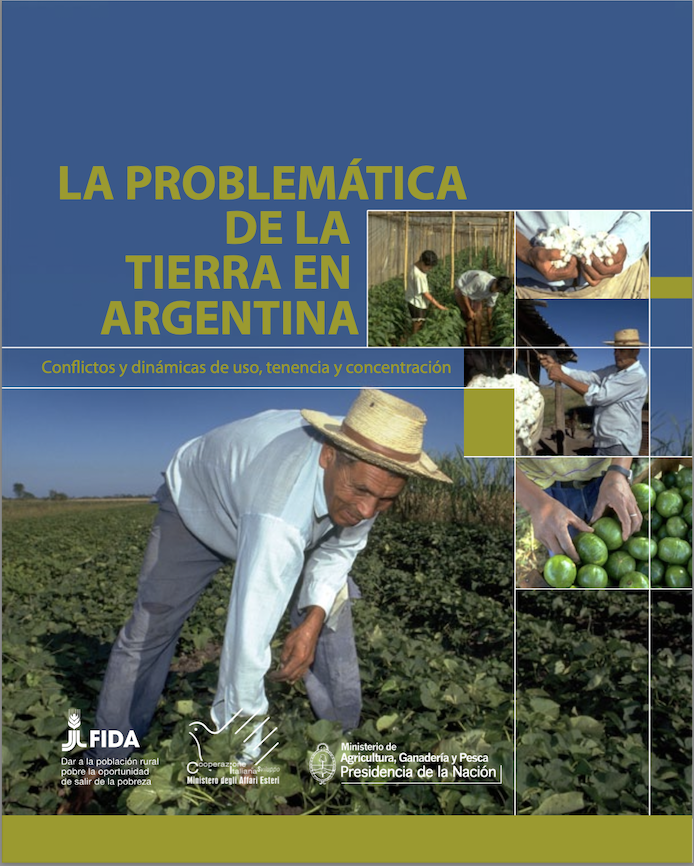Focal point
Location
The International Fund for Agricultural Development (IFAD), a specialized agency of the United Nations, was established as an international financial institution in 1977 as one of the major outcomes of the 1974 World Food Conference. The Conference was organized in response to the food crises of the early 1970s that primarily affected the Sahelian countries of Africa. The conference resolved that "an International Fund for Agricultural Development should be established immediately to finance agricultural development projects primarily for food production in the developing countries". One of the most important insights emerging from the conference was that the causes of food insecurity and famine were not so much failures in food production, but structural problems relating to poverty and to the fact that the majority of the developing world's poor populations were concentrated in rural areas.
IFAD's mission is to enable poor rural people to overcome poverty.
IFAD is dedicated to eradicating rural poverty in developing countries. Seventy-five per cent of the world's poorest people - 1.4 billion women, children and men - live in rural areas and depend on agriculture and related activities for their livelihoods.
Working with rural poor people, governments, donors, non-governmental organizations and many other partners, IFAD focuses on country-specific solutions, which can involve increasing rural poor peoples' access to financial services, markets, technology, land and other natural resources.
Resources
Displaying 56 - 60 of 102Sustainable Agricultural Productivity Growth and Bridging the Gap for Small-Family Farms
Global agriculture will face multiple challenges over the coming decades. It must produce more food to feed an increasingly affluent and growing world population that will demand a more diverse diet, contribute to overall development and poverty alleviation in many developing countries, confront increased competition for alternative uses of finite land and water resources, adapt to climate change, and contribute to preserving biodiversity and restoring fragile ecosystems.
IFAD annual report 2011
The International Fund for Agricultural Development’s (IFAD) annual report 2011 describes the achievements of its programme of work through 240 projects in 94 countries, as well as its new strategic framework for 2011-2015. The report documents the milestones and indicators towards sustainable rural development, including a number of regional examples. It highlights IFAD’s efforts to support the empowerment of poor rural women and young people, to increase rural financial services and weather insurance, and to address climate change, which is one of IFAD’s most central strategic aims.
Land policy in Africa : West Africa regional assessment
The report considers the critical issues providing the context for discussing land issues affecting West Africa as a region. These include the political, social and economic context, colonial legacy and legal plural systems, the operations of regional economic communities and other regional initiatives, impact of demography, migration and urbanization, conflicts and post-conflict issues, as well as shared resources and ecosystems.
La Problemática de la Tierra en Argentina
El objetivo central de este trabajo es identificar las principales problemáticas de la tenencia y la gestión de la tierra en Argentina, a la luz de las transformaciones globales de la agricultura y el desarrollo de los territorios rurales. Se plantean también una serie de opciones de políticas para resolver las situaciones más conflictivas, teniendo siempre como objetivo la equidad y el desarrollo. El alcance de este estudio está limitado al análisis de la dinámica de la tierra desde una perspectiva general, tomando como base las tierras que figuran en los censos agropecuarios nacionales.









